'Frustrated' UN chief criticises Myanmar
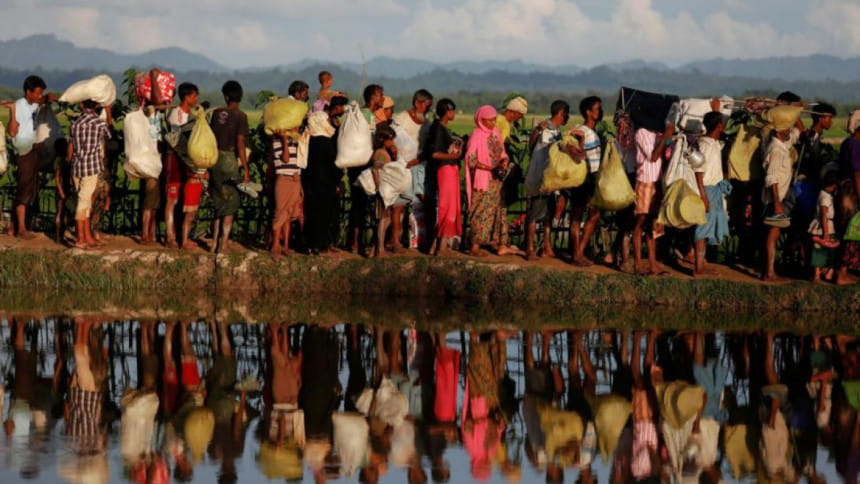
UN Secretary-General Antonio Guterres on Friday criticized as "too slow" Myanmar's efforts to allow the return of Rohingya Muslim refugees, describing the lack of progress as a source of "enormous frustration."
More than 720,000 Rohingya are living in camps in Bangladesh after they were driven out of Myanmar's northern Rakhine state during a military campaign in 2017 that the United Nations has described as ethnic cleansing.
Myanmar has agreed to take back some of the refugees in a deal reached with Bangladesh, but the United Nations insists that the safety of the Rohingya be a condition for their return.
"I feel an enormous frustration with the lack of progress in relation to Myanmar and with the suffering of the people," Guterres told a news conference.
"We insist on the need to create conditions for them to be willing to go back," he said. "Things have been too slow."
Myanmar's government this month postponed a planned visit by UN High Commissioner for Refugees (UNHCR) Filippo Grandi who was due to travel to Rakhine.
UN envoy Christine Schraner Burgener is expected to hold talks in Myanmar later this month and report to the Security Council on the steps taken to address the refugee crisis, UN diplomats said.
After a closed-door council meeting on Myanmar on Wednesday, German Ambassador Christoph Heusgen said there was "extremely limited progress" on the ground and that the council was "very concerned" by the situation.
Britain in December circulated a draft Security Council resolution on Myanmar that would have set a deadline for authorities to roll out a strategy for addressing the Rohingya crisis.
China, backed by Russia, however raised strong objections and refused to take part in negotiations, suggesting it was ready to use its veto at the council to block the measure.
China, which has close ties with Myanmar's military, has argued that the crisis in Rakhine is linked to poverty and has opposed any step to put pressure on the authorities.
Rohingya in Buddhist-majority Myanmar have suffered decades of persecution and are denied citizenship rights.
Myanmar has denied that it has singled out the Rohingya and described its army operations as a campaign to root out terrorists.

 For all latest news, follow The Daily Star's Google News channel.
For all latest news, follow The Daily Star's Google News channel. 

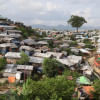

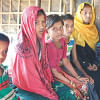
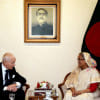
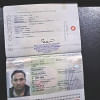


Comments